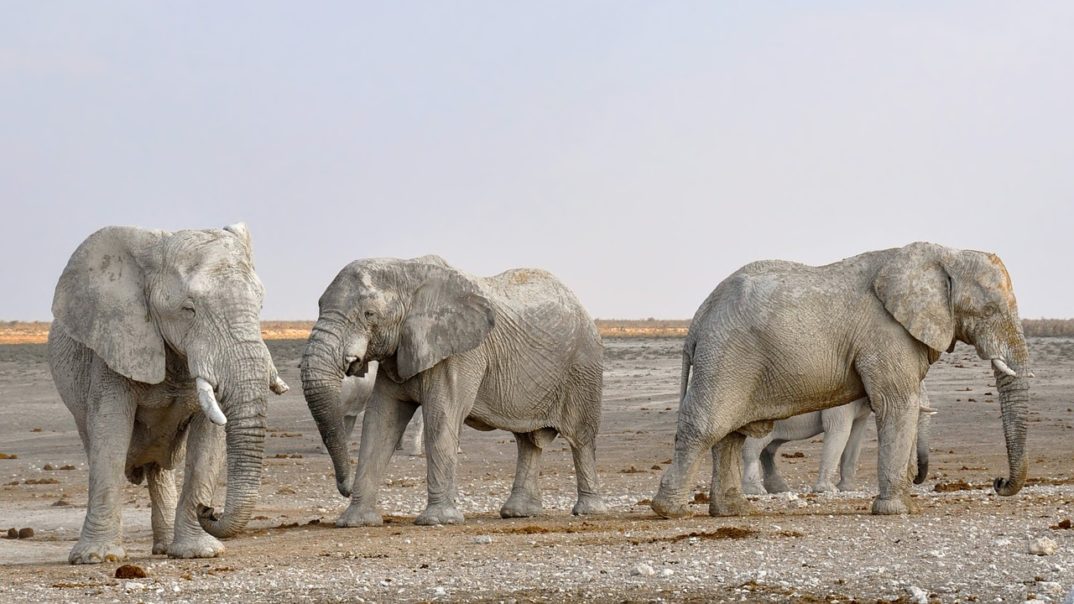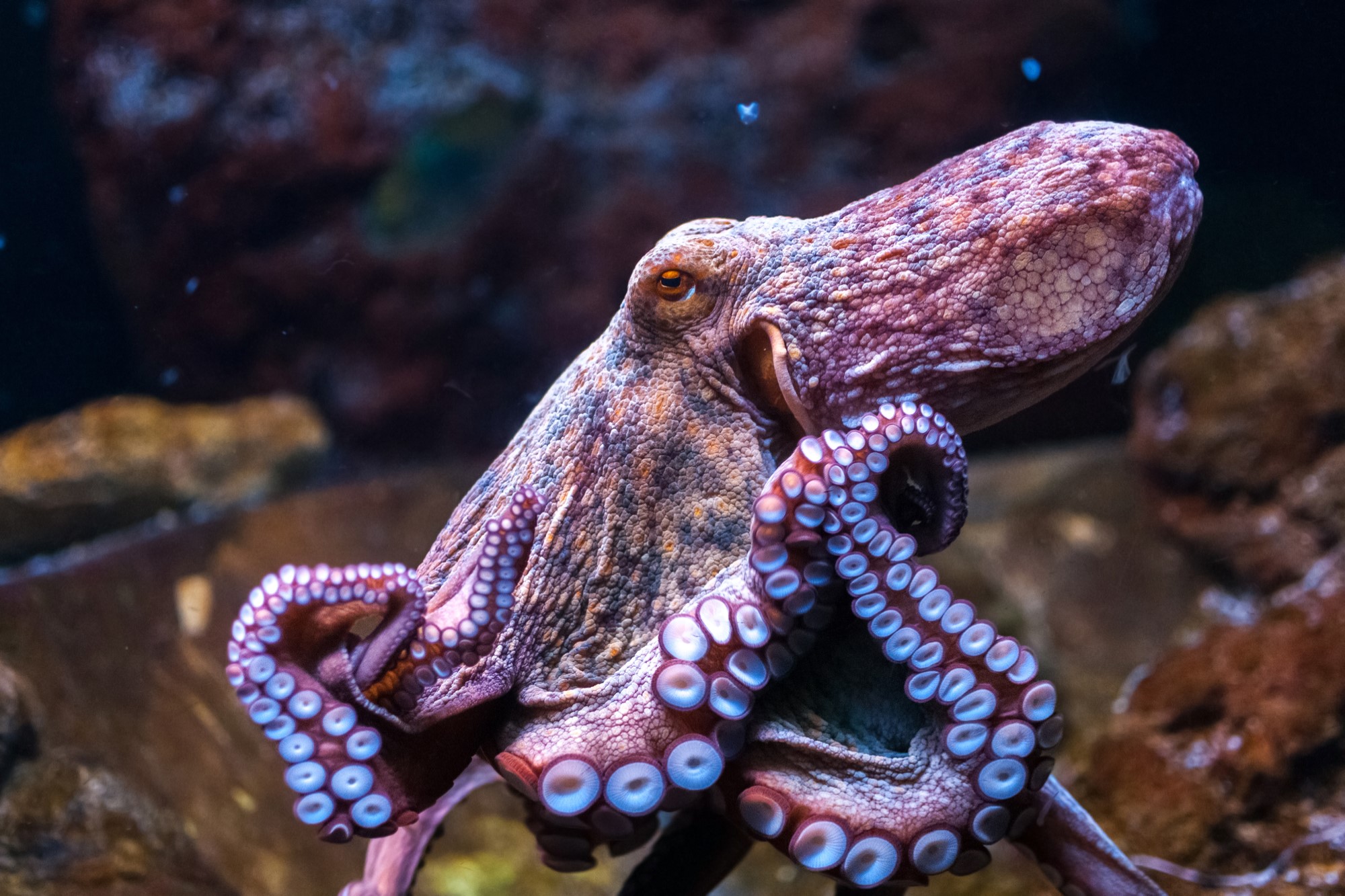The Legal Case of Elephant Personhood
Asian elephants have been observed reassuring other elephants in distress. Elephants have also been observed behaving in ways that appear to show grief at the death of other elephants. Evidence (admittedly sparse) has also suggested that elephants may be self-aware—that is, aware of themselves as separate from other objects and the environment. Over the years, we have learned much about the rich cognitive and social lives of elephants. Does this increasing body of evidence indicate that elephants should be treated as persons, too?
This complicated moral and legal question was recently raised in Connecticut, where the animal rights attorney Steven Wise filed a writ of habeas corpus on behalf of three elephants—Minnie, Beulah, and Karen—who currently belong to a traveling zoo. In the petition filed with the Connecticut Superior Court on November 13, 2017, Steven Wise and the Nonhuman Rights Project, Inc. (NHRP) argue that the term “person” has not been treated in common law as a synonym for human being and, therefore, may apply to non-human animals, such as elephants.
Personhood, and the rights which accompany it, flows from the cognitive capacities of the person, not from their inclusion in a particular species. The question as to whether elephants are persons depends on whether elephants have these rich cognitive capacities associated with personhood. The petition assembles an impressive collection of expert affidavits speaking to the scientific evidence for the possession of many complex cognitive capacities in Asian and African elephants that have been thought to belong only to humans: “self-awareness, empathy, awareness of death, intentional communication, learning, memory, and categorization abilities.”
What are the cognitive criteria for assigning personhood to an individual? Without providing a definition of personhood in terms of specific cognitive capacities, the NHRP attempts to establish that elephants’ cognitive capacities are enough for personhood by analogy. Elephants’ cognitive capacities are similar enough to the cognitive capacities of beings we already consider persons, adult human beings.
I cannot comment on the scientific validity of the evidence amassed in favor of complex elephant cognition. Others, however, have claimed that NHRP’s argument leaves out a significant difference between adult human beings and other intelligent non-human animals. The NHRP has tried its arguments previously in a New York case concerning the right to freedom of two chimpanzees. In that case, the court rejected NHRP’s argument, citing what it saw as a key difference between chimpanzee and humans: “The asserted cognitive and linguistic capabilities of chimpanzees do not translate to a chimpanzee’s capacity or ability, like humans, to bear legal duties, or to be held legally accountable for their actions.”
That is, rights require responsibilities. Being a person not only entails having legal rights, it also entails having legal responsibilities. Since only human beings can be held liable (legally or morally) for their actions, only human beings can be considered persons deserving of rights. For example, if a chimpanzee recklessly driving a car strikes your vehicle, the chimpanzee should not be held morally or legally liable. The person who owns the chimpanzee may be held liable because the chimpanzees’ cognitive and social capacities do not seem to include the capacity to understand the complex social and legal rules that govern civil society. Likewise, this probably attains for elephants.
Perhaps both NHRP and the court that rejected its argument are reaching too high for their cognitive capacities. Many human beings do not have these rich cognitive capacities. Infants are not born self-aware, aware of death, and with categorization abilities. Many adults with cognitive disabilities are also unable to act autonomously and understand complex social and legal rules. And yet, it would seem the height of cruelty to treat vulnerable human beings as mere property. In fact, the law does not treat human beings who fail these cognitive tests as mere property. They are also treated as legal persons with rights. This suggests that the criteria for moral and legal personhood should be much lower than the demanding ones envisioned above.
There are numerous options for where we might position that bar. One is the capacity for sentience—e.g., the ability to feel pain and pleasure. As Utilitarian Jeremy Bentham put it, “The question is not, Can they reason?, nor Can they talk? but, Can they suffer? …” When we make moral demands concerning the treatment of persons, the content of our concern seems broader than just the protection of interests related to high-level cognitive abilities, but also includes concern that the being’s life goes well—is not full of pain and suffering. Elephants and chimpanzees certainly seem sentient—along with many other animal species.
However, the concern with sentience, from the perspective of the NHRP’s legal argument, is that it does not prove enough. That is, NHRP wants to establish a right to bodily liberty for elephants, but mere sentience does not establish the importance of being free for an elephant’s happiness. If an elephant can be happy and free of pain in captivity, then the bodily liberty right does not seem to flow from sentience. NHRP needs to find a criterion that establishes that elephant flourishing requires bodily liberty, but does not also similarly require elephants to have the capacity to be held morally/legally responsible for their actions. It is that middle ground that may be difficult to establish, both legally and philosophically.





